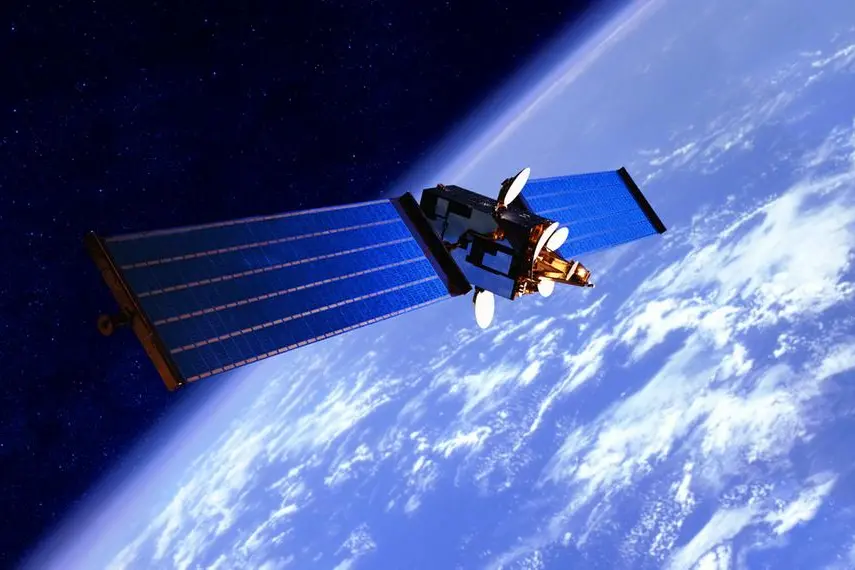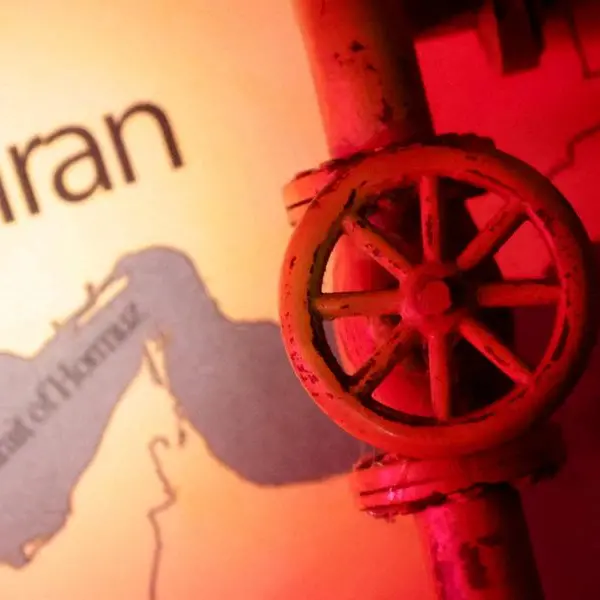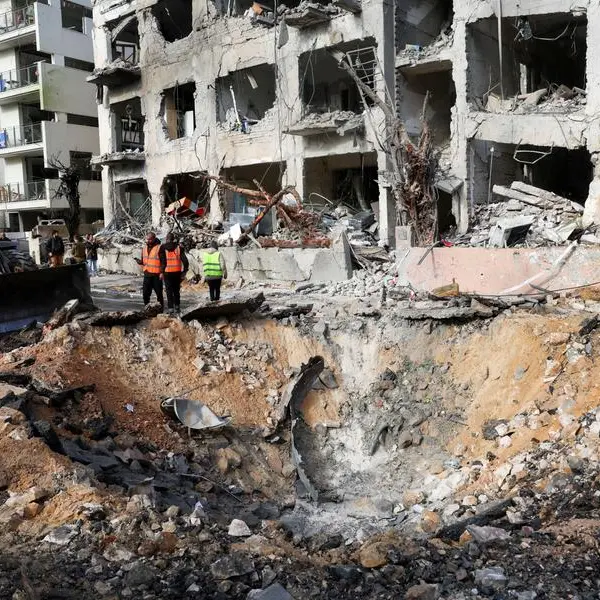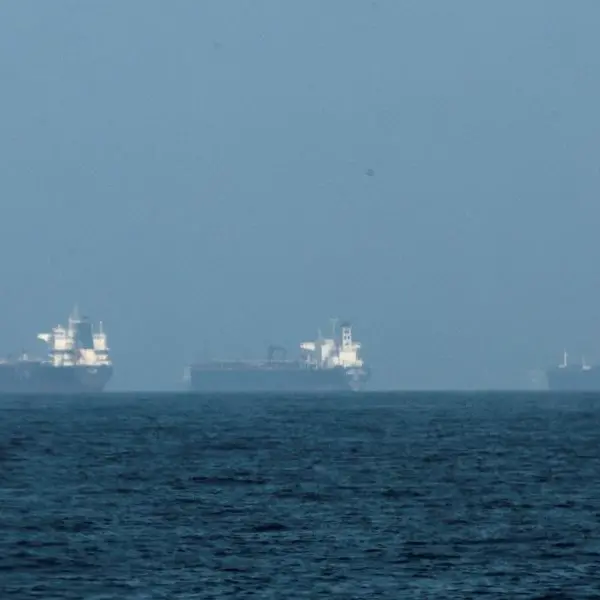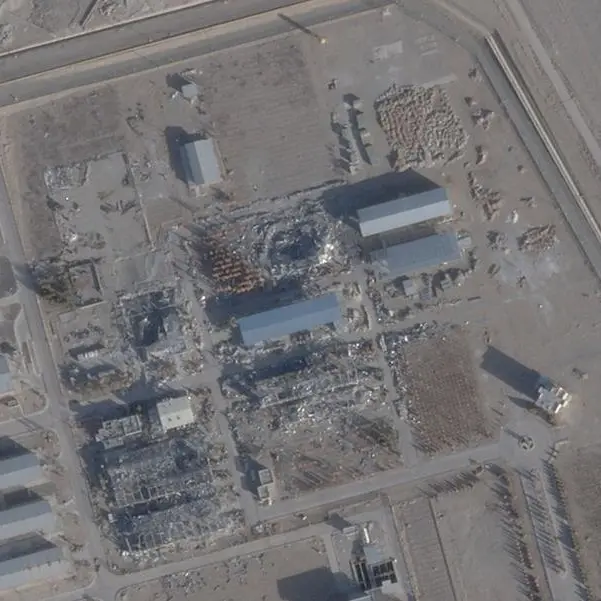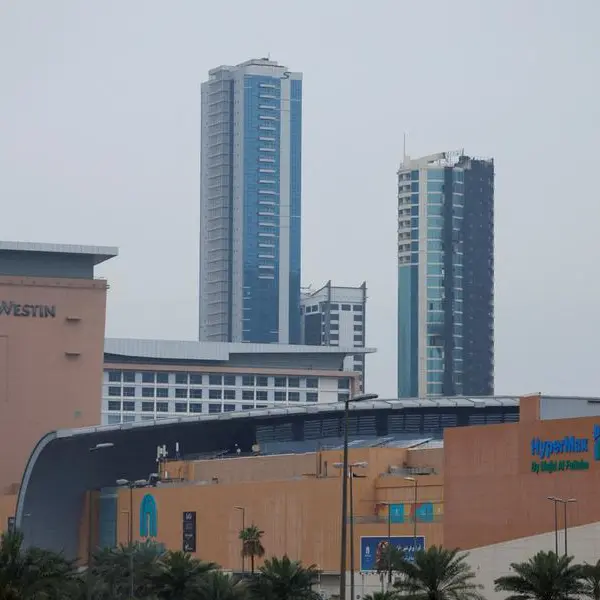PHOTO
ABU DHABI - The United Arab Emirates has made significant strides in the space sector in 2023, solidifying its position as a leading player in this highly competitive and technologically advanced field. The country has consistently achieved its ambitious goals in space exploration and development, making it a strategic sector for the UAE's future economic growth.
The UAE has focused on developing its capabilities in research, scientific missions, manufacturing, and specialised expertise, setting the stage for continued success in the years to come.
Sirb programme
The UAE marked a significant milestone in its space exploration journey yesterday with the launch of the executive phase of the “SIRB” radar satellite development project.
This groundbreaking initiative will bolster the country's satellite manufacturing and operation capabilities, propelling it to the forefront of the space industry. The SIRB project is the first of its kind, aiming to create a constellation of radar satellites equipped with cutting-edge imaging technology capable of capturing high-resolution images day and night, regardless of weather conditions, with an extraordinary precision of one metre.
The ability to operate under all weather conditions sets this radar satellite apart, significantly enhancing the UAE's remote sensing capabilities. The project's overarching goal is to contribute to the UAE's efforts in addressing critical challenges such as climate change, environmental sustainability, urban development, integrated resource management, disaster response, food security, and more. This ambitious undertaking will rely on the expertise of highly qualified Emirati personnel and the capabilities of Emirati companies, further solidifying the country's position as a leader in the global space sector.
Zayed Ambition 2
On 18th September, the UAE celebrated the triumphant return of astronaut Sultan AlNeyadi following the completion of “Zayed's Ambition 2”, the longest space mission in Arab history, spanning an extraordinary six months.
This groundbreaking mission marked a pivotal milestone in the UAE's space exploration programme, as AlNeyadi meticulously conducted a remarkable 200 scientific experiments aimed at advancing human knowledge and improving the lives of people worldwide. AlNeyadi also etched his name in history by becoming the first Arab astronaut to venture outside the International Space Station (ISS) during a captivating seven-hour spacewalk.
AlNeyadi embarked on his historic journey to the ISS on March 3, joining the “Crew-6” team aboard the Dragon spacecraft. After spending approximately 180 days immersed in the wonders of space, he safely returned to Earth on 4th September, marking a momentous occasion for the UAE and the entire Arab world.
Emirates Mars Mission
In April 2023, the UAE announced a one-year extension to the Emirates Mars Exploration Project, the “Hope Probe”, due to its unwavering commitment to unraveling the mysteries of the Red Planet and its remarkable scientific achievements.
The “Hope Probe” has distinguished itself by venturing closer to Mars' moon, Deimos, than any spacecraft since the Viking mission in 1977, achieving an astonishing distance of just 100 kilometres. This unprecedented proximity has enabled the probe to capture a series of stunning images, observations, and findings that shed light on the composition and structure of Deimos.
On 26th October 2022, “Hope Probe” unveiled its ninth tranche of groundbreaking scientific data about Mars' atmosphere, spanning from the planet's surface to its outermost reaches. This remarkable feat was accomplished through the combined efforts of the probe's three sophisticated scientific instruments: the Emirates eXploration Imager (EXI), the Emirates Mars Ultraviolet Spectrometer (EMUS), and the Emirates Mars Infrared Spectrometer (EMIRS).
Tackling the Challenges of Climate Change:
In a significant step towards addressing climate change, the United Arab Emirates Space Agency (UAESA) signed a cooperation agreement in May 2022 with “Planet Labs”, a pioneering provider of Earth observation and mapping data. This collaboration aims to establish a comprehensive atlas of losses and damages caused by climate change, leveraging the power of satellite data to empower nations in confronting the multifaceted impacts of climate change.
This initiative aligns seamlessly with the UAESA's vision and strategic objectives, which emphasise supporting transformative initiatives and projects aimed at mitigating climate change. The agency's proactive approach is particularly relevant in the context of its preparations for hosting the Conference of the Parties (COP 28) under the United Nations Framework Convention on Climate Change (UNFCCC).
The Loss and Damage Atlas is specifically designed to expand the provision of technology and technical expertise to developing countries, enabling them to effectively address the losses and damages caused by climate change. This initiative complements the Early Warning Systems initiative launched by the World Meteorological Organisation (WMO), which seeks to enhance early warning systems and mitigate the risks of weather-related events in various countries.
In addition to its participation in the “UAE Climate Technology Forum”, the UAESA has launched the second phase of the Space Analytics and Solutions (SAS) programme, a focused effort to address climate change.
This programme encompasses three distinct challenges:
- Air Quality Challenge: Monitoring and controlling air quality to ensure cleaner and healthier air for all.
- Infrastructure Challenge: Enhancing infrastructure monitoring, operational solutions, and maintenance to ensure the resilience of critical infrastructure in the face of climate change.
- Losses and Damages Challenge: Utilizing satellite data to study and analyze losses and damages caused by climate change, providing valuable insights for informed decision-making.
The UAESA's commitment to leveraging space technology to address climate change is a testament to its unwavering dedication to sustainability and environmental stewardship. The agency's initiatives are paving the way for a more resilient and climate-ready future, both within the UAE and across the globe.
International Conference: A Gathering of Space Experts
In March 2023, the UAE hosted the 17th edition of the International Space Operations Conference (SpaceOps), the largest iteration of this global event in its history. The conference was organised by the Mohammed Bin Rashid Space Centre (MBRSC) in collaboration with the International Committee on Technical Interchange for Space Mission Operations and Ground Data Systems (SpaceOps Organisation).
This landmark event, held for the first time in the Arab world, brought together over 1,100 experts and specialists from more than 70 countries, fostering an environment of knowledge exchange and collaboration over five days. The conference featured a rich array of specialised sessions, informative lectures, in-depth technical discussions, and interactive workshops.
Under the theme “Invest in space to serve Earth and Beyond”, the conference showcased over 550 research papers from 50 countries, encompassing a diverse range of topics within the space sector. Seven international space agencies were prominently represented at the event, including NASA, the European Space Agency (ESA), the Korea Aerospace Research Institute (KARI), the French National Centre for Space Studies (CNES), the Canadian Space Agency (CSA), the South African National Space Agency (SANSA), and the Italian Space Agency (ASI).
In addition to the insightful presentations and discussions, the conference's exhibition arena provided a platform for 30 exhibitors from around the world to showcase their latest innovations and services in the space sector. This diverse showcase highlighted the advancements and potential of space technology, further emphasising the conference's theme of investing in space for achieving greater heights beyond Earth.
The UAE's hosting of SpaceOps 2023 underscored its unwavering commitment to advancing space exploration and innovation. The conference not only served as a platform for the exchange of knowledge and expertise but also solidified the UAE's position as a leading hub for space technology and collaboration in the region and beyond.
